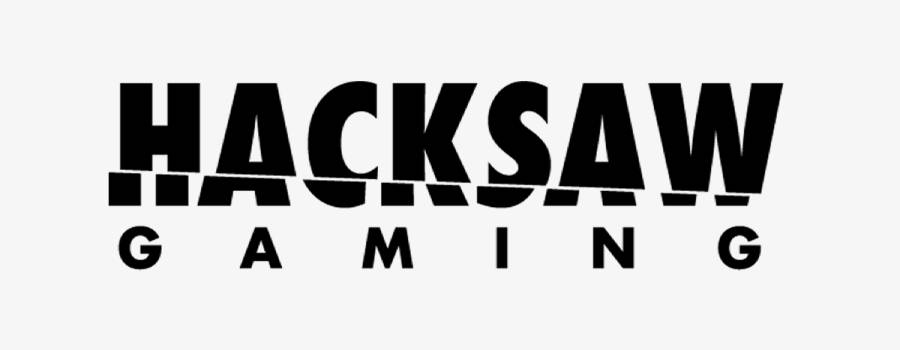
Swedish Court Reduces Hacksaw Studios' Sanction Fee to SEK 20,000 After Appeal
Hacksaw Studios, a renowned iGaming content provider, has successfully appealed a hefty SEK 2.6 million ($260,000) sanction fee imposed by Spelinspektionen, the Swedish Gambling Authority. Following a detailed review by the Swedish Administrative Courts, the fee has now been dramatically reduced to SEK 20,000 ($2,037).
Why Was Hacksaw Studios Sanctioned?
The sanction stems from a 2024 investigation by Spelinspektionen, which discovered that several unlicensed gambling websites were offering games developed by Hacksaw Studios. This action violated Sweden’s Gaming Act, which mandates that all operators offering gambling services in Sweden must hold a valid license.
Originally, Spelinspektionen had determined that Hacksaw’s involvement warranted a multi-million-krona penalty, pointing to a potential fine as high as SEK 4.34 million, depending on the company’s net sales.
Court Ruling: From Multi-Million Fine to SEK 20,000
Hacksaw Studios appealed the decision, asserting that it had implemented geoblocking technology to prevent unlicensed operators from offering its games in restricted jurisdictions. The company emphasized that:
“A developer cannot take full responsibility for its customers' compliance, and no developer can guarantee that operators will not attempt to make its software available in markets where the operator does not hold the necessary licences.”
The Swedish Administrative Court partially agreed, confirming that violations of the Gambling Act had occurred, but also acknowledging the mitigating actions taken by Hacksaw Studios.
In its ruling, the Court stated:
“A warning is justified, but the penalty fee must be reduced.”
As a result, the final sanction was lowered to SEK 20,000, taking into account Hacksaw’s cooperation with authorities and preventive measures already in place before the investigation.
Broader Implications for the Swedish Gambling Market
This case has sparked broader conversations around the responsibility of software developers in regulated markets and the challenges of controlling content distribution through third-party operators.
Meanwhile, Spelinspektionen has also faced criticism from the National Audit Office, which reported that the authority is not fully meeting expectations. In response, Spelinspektionen has announced a renewed focus on streamlining its regulatory oversight.

